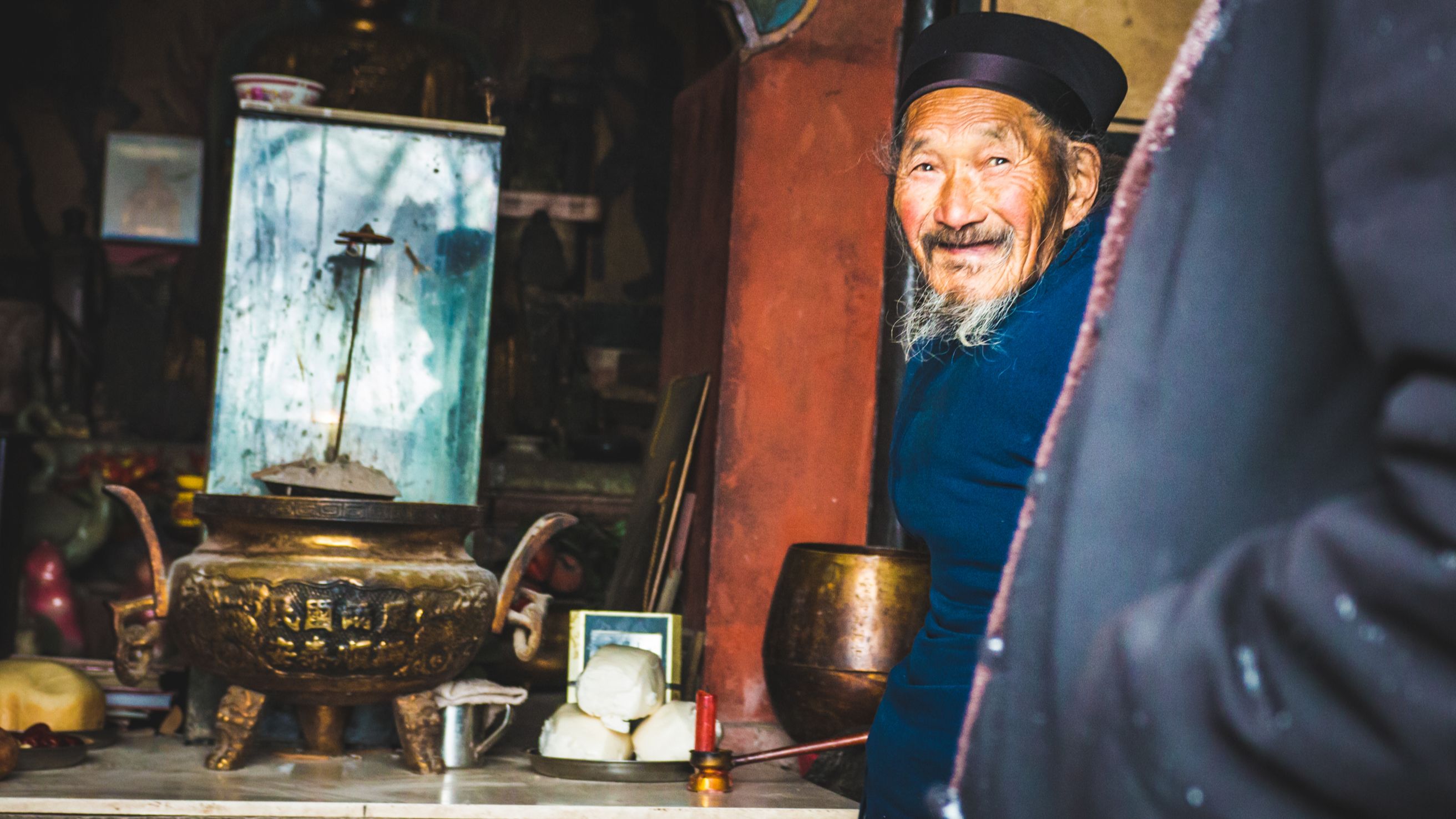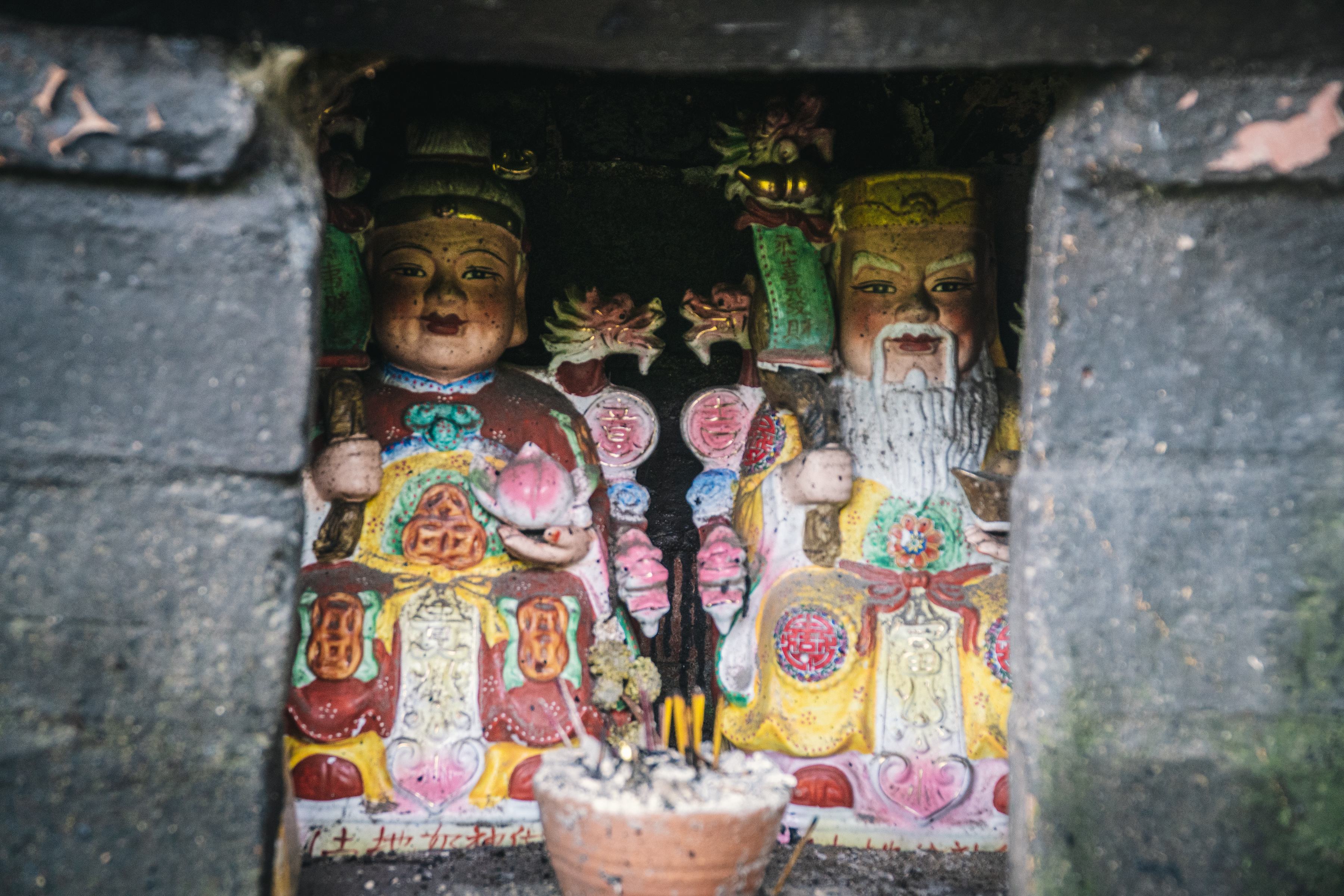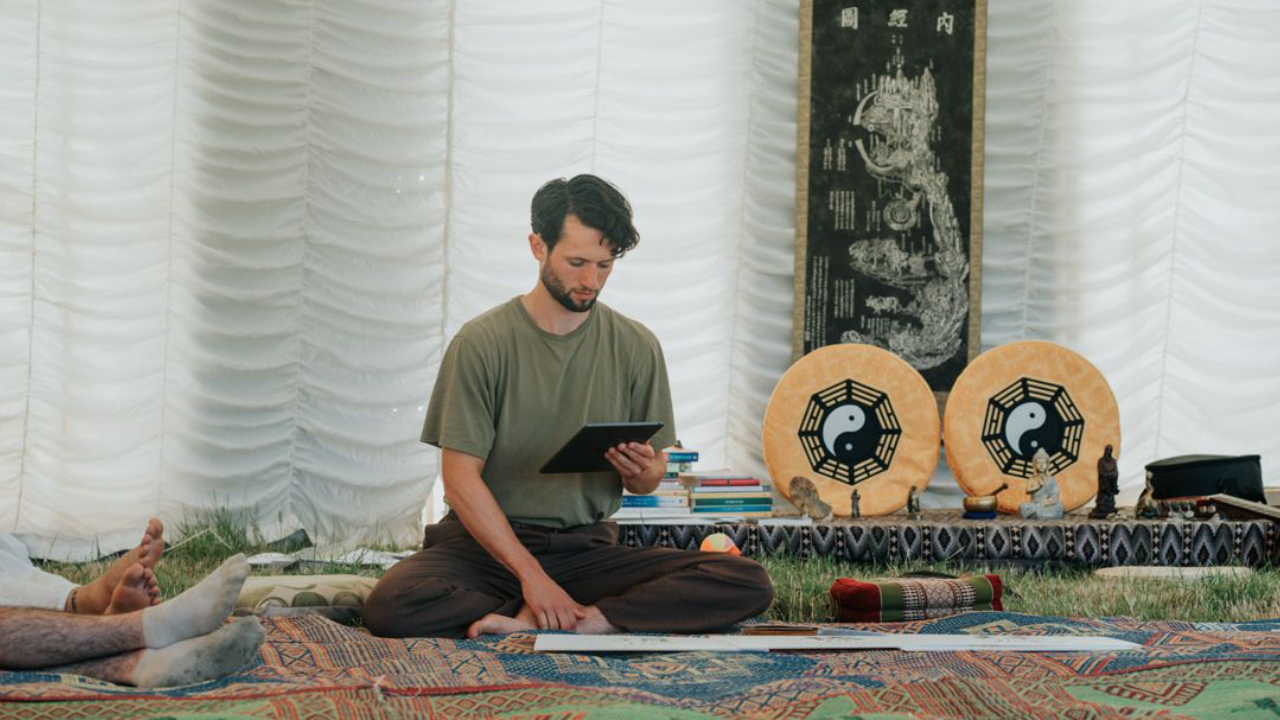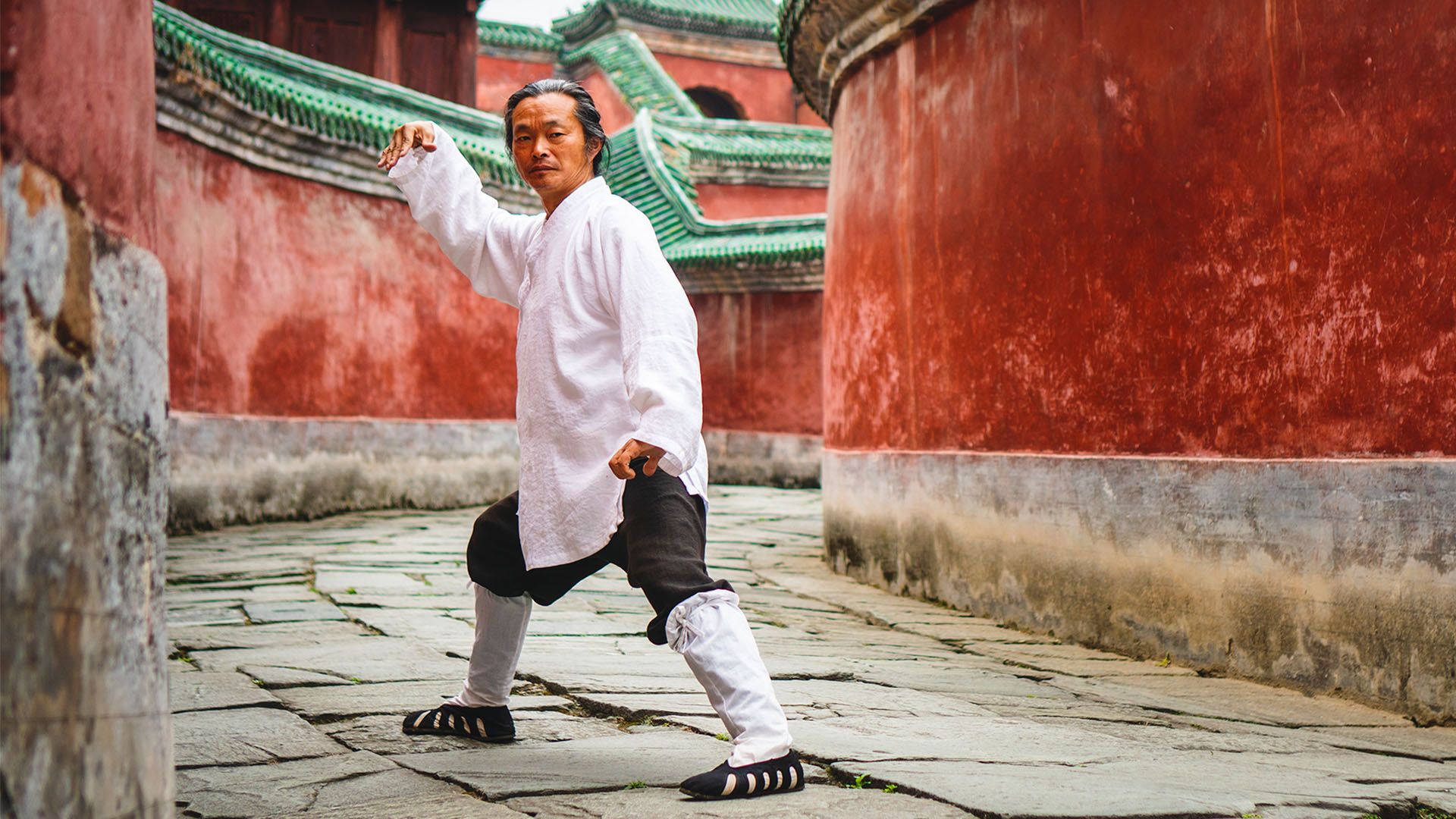Taoist Rituals and Ceremonies: Exploring the Traditions and Customs of Taoism
Aug 10, 2023
Originating from ancient China, Taoism stands not just as a philosophy or religion but as a holistic worldview that provides profound insights into the universe and humanity's place within it. Beyond its revered texts, like the teachings of Laozi and Zhuangzi, and philosophical teachings, Taoism manifests vibrantly through its rituals and ceremonies, each meticulously crafted and deeply symbolic. These "Taoist Rituals" serve as tangible expressions of Taoist principles, such as the harmony of yin and yang, connecting individuals to the cosmic flow of energy, the Tao, and guiding them towards a harmonized existence with nature and society.
Dive deep into the myriad rituals and ceremonies of Taoism, from the sacred rites performed within temple walls by ritual specialists to the celebratory festivals that mark the lunar calendar. Each practice offers a lens through which we can understand the essence of Taoism, its historical evolution through eras like the Tang and Song Dynasties, and its profound impact on millions of lives across the globe. These rituals include intricate practices such as internal alchemy, the veneration of local deities, and the recitation of ritual texts, all of which nourish one’s inner nature and foster a connection with the macrocosm of the universe.
The Essence and Diversity of Taoist Rituals
Taoist rituals are more than ceremonies. They're intricate dances of energy, harmonizing an individual's Qi (life force) with the universe. A participant or observer doesn't just witness these rituals; they experience an energy shift, a realignment with the Tao.

- Temple Rituals: Taoist temples are spiritual hubs. Every corner whispers tales of ancient wisdom. Within their walls, the air thickens with chants and incense, offering an all-encompassing sensory experience. Priests and devotees engage in practices that range from simple offerings to complex ceremonies invoking deities and seeking guidance, protection, and blessings.
- Ancestral Worship: This practice underscores the unbroken connection between the living and the departed. Rituals might include:
- Lighting candles and incense
- Offering food, tea, and even symbolic paper money
- Performing specific chants and prayers
These ceremonies are powerful reminders of the cyclical nature of existence and the wisdom that each generation passes on to the next.
Also Read: Taoism and Creativity: Unlocking Your Inner Artist with Taoist Practices
- Festivals and Celebrations: Taoism's calendar is a tapestry of vibrant events:
- Dragon Boat Festival: Commemorating the life and death of the ancient poet Qu Yuan, this festival sees communities coming together in boat races, drumming, and communal feasts.
- Mid-Autumn Festival: A celebration of the moon's cyclical influence that includes storytelling, lantern processions, and the sharing of mooncakes.
Taoism also honours the rhythms of nature. Healing rituals, often incorporating herbs, chants, and meditative practices, are conducted to realign energies and promote well-being. Ceremonies dedicated to solstices, equinoxes, and other celestial events reaffirm our bond with nature.
Lastly, Taoism's rites of passage are beautiful ceremonies. Whether it's the initiation of a new priest, a Taoist marriage, or naming a newborn, each ritual is a celebration of life's milestones, emphasizing growth, commitment, and the journey of the soul. Learn deeply about Taoism from expert Master Gu through our online Tai Chi courses.
Taoism in the Modern Landscape
Taoism, evolving through centuries from ancient China, adapts to modern times while retaining core principles. Rooted in the teachings of Laozi and Zhuangzi, it emphasizes harmony with the Dao. Celebrated for its philosophy of life and death, Taoism integrates yin and yang, symbolizing balance. Contemporary practices include meditative techniques and recitation, echoing traditional Taoist practices. The influences of Confucianism and Buddhism are visible, showcasing a blend of religious traditions. Taoism's adaptability is evident in its coexistence with technology and urbanization, demonstrating its relevance in today's diverse society. Modern Taoists seek inner peace and harmony, continuing the legacy of ancient sages like Lao Tzu.
The Origin and Evolution of Taoist Rituals
The roots of Taoist rituals trace back to ancient China, where the philosophy of Taoism took shape. Over millennia, these rituals have evolved, reflecting societal changes, regional influences, and the deepening understanding of the Tao.
The origin of many rituals lies in the very texts that form the foundation of Taoism. The "Tao Te Ching" by Laozi and the writings of Zhuangzi are not just philosophical treatises but guides on how to align oneself with the Tao. Many of the practices we see today are interpretations and manifestations of the wisdom encapsulated in these texts.
Another significant influence on Taoist rituals is China's rich tapestry of folklore, legends, and myths. Deities like Guan Yin (Goddess of Mercy) and figures such as the Eight Immortals have their own unique ceremonies, reflecting a blend of mythology and Taoist teachings.
Furthermore, over centuries, Taoist practices have absorbed elements from other spiritual traditions, such as Buddhism and Confucianism. This synthesis has given birth to ceremonies that, while rooted in Taoism, are inclusive of diverse spiritual insights.
The Global Spread of Taoist Practices
As Taoism spread beyond China's borders, its rituals and ceremonies found new audiences. Today, you'll find Taoist temples in places as diverse as Malaysia, the U.S., and even parts of Europe. As these practices met different cultures, they evolved further, incorporating local traditions and customs.
The global spread of Taoism has also led to a revival and deeper appreciation of its rituals. Workshops, retreats, and courses—like the ones offered on Tai Chi—are helping participants worldwide understand and appreciate the depth of these ceremonies. They're no longer mere observers; they're active participants, experiencing firsthand the profound wisdom and energy shifts these rituals bring.
The Modern Relevance of Ancient Wisdom
In the digital age, where life often seems fragmented and disconnected, the cohesive philosophy of Taoism offers solace. It's not just about understanding the Tao but living in harmony with it. And what better way to experience this harmony than through rituals and ceremonies?
For many, these rituals provide a grounding effect, a return to the essence amidst the chaos of modern life. They serve as a reminder that, at our core, we're all part of the same universe, governed by the same principles.
Ready to embark on a transformative journey with Taoism? Our Online Tai Chi Courses await. Experience the profound energy shifts, align with ancient wisdom, and find your center in the swirling currents of modern life. Dive deep with us.








